Why Did Toyota Stop Making the Venza?
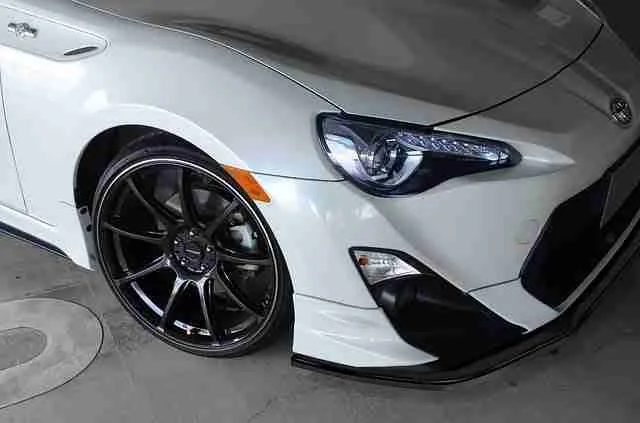
Ever since Toyota surfaced on the automotive face in 1939, they’ve been scaling up, advancing tech-wise, and wooing more clients and sales. They’ve been at the forefront in the production of faster performance, roomier, and more efficient family and semi-autonomous rides. Toyota isn’t only good at the creation of family and semi-autonomous—they also manufacture hydrogen-powered and next-generation electric models.
Started in 2008, the Toyota Venza was among the best 5-passenger mid-size crossover SUVs ever presented at the Detroit North American International Auto Show. Designed in the California-based Newport Beach Calty Design Studios, Toyota Venza used the Toyota FT-SX concept. It didn’t last long though as its production was discontinued in 2015.
As a diehard Venza lover, you may be wondering why did Toyota stop making the Venza. Toyota had three main reasons for calling it a day for the production of Venza.
Why Did Toyota Stop Making the Venza – Customer Preference
If you’ve ever been on the wheels of Toyota Venza, you likely were disturbed by its premature discontinuation. It’s possible the news left you wondering why Toyota had made such an ill-timed decision. Nobody thought this Japanese Crossover SUV that had won the hearts of hundreds of thousand would last for less than eight years. By discontinuing the making of Venza, Toyota did what every other automobile manufacturer would have done.
While Toyota Venza was bigger and broader than Toyota RAV4, customers opted for the RAV4. They considered the RAV4 model a better crossover SUV that provided better premium designs and luxury features than the Venza.
Some customers even said the Toyota Highlander was a better choice for Venza. Even after investing so much to give Toyota Venza a wider turning radius and roomier interior for accommodating five passengers comfortably, customers choose its cousins the Highlander and RAV4.
Having invested so much money, time, and resources to refine and make the Venza more favorable to the eyes of the customers with no success, Toyota had no option but to stop its production.
As per Toyota’s statement during the press briefing that saw the discontinuation of the Venza, they clearly pointed out customer preference as one of the reasons they made such a painful decision. And so, we may not be wrong to say that, if clients had preferred Toyota Venza over the Highlander and RAV4, it probably wouldn’t have been discontinued.
Decreasing Sales
Weakening sales was another of the reasons why did Toyota stop making the Venza. Customer reviews and opinions mentioned lack of satisfaction as the leading reason they did not like the Toyota Venza. They expected the Venza to be an outstandingly better Crossover SUV that could stand the competition offered by the RAV4 and Highlander. They expected it to be larger and roomier than RAV4 and smaller than Highlander while providing superior performance and reliability.
However, the Venza didn’t meet any of such expectations. In the first year after launching, Toyota Venza sold to the expectations of the manufacturer. Buyers really liked the crossover and wagon styling design of the Venza, which saw it sell about 50,000 units in 2008 and over 54,000 units in 2009. Unfortunately, things started going south thereafter as the sales went extremely down, reaching around 30,000 units in 2014.
That was quite embarrassing considering Toyota had sold seven times more Toyota Highlanders and ten times more Toyota RAV4s. The humiliating news made Toyota take another move that was to input more resources and money in the production of the RAV4s and Highlanders. Having achieved more sales and success with the RAV4 and Highlander models by the end of 2014, Toyota had no option but to discontinue the production of the Venza in 2015. Since it couldn’t bring in the sales and profits Toyota expected, they didn’t see the need to continue investing more money and resources in its production.
Why did Toyota Stop Making the Venza—Market Competitiveness
The untimely discontinuation of the Toyota Venza was also triggered by market competitiveness. Toyota Venza was created to be a smaller alternative to the Highlander and bigger model to the RAV4. The manufacturer intended to create a crossover SUV that could win over the two models, achieving more sales and success.
However, the Venza didn’t accomplish any of those. Instead, models such as Ford and Lexus crossover SUVs which couldn’t compare with the Venza won the hearts of customers and gained more popularity over the Venza. In other words, Toyota Venza didn’t even go closer to the market competitive edge it was expected to initiate.
Rather, it paved ways for similar brands and models to see the light of the day, enabling them to achieve sales they hadn’t achieved previously.
It is a disgrace that Toyota Venza wasn’t selected in any competition or got an award as a competitive Toyota SUV model. The only chance the model had was when it got a chance in the same comparison table with the Ford Edge Sport and Nissan Murano. Brands from other automobile manufacturers were recommended for having superior software and electronic systems than the Venza.
The only area the Venza stood out from other brands and models was its excellent fuel economy that wasn’t common with any other model. Its inability to compare and win over similar models was the third leading factor that pushed Toyota into stopping its production.
Conclusion
The Venza was a model destined for success. The indisputable success and massive sales the Venza made within the first two years was genuine proof that it was intended to be among the world’s most successful crossover SUV models ever produced by Toyota.
However, the fact that it had to compete with two dissimilar models from the same manufacturer that shared similar characteristics and design, it had a tough challenge. In no way would it have won with its basic configuration, tech features, and average performance.
It had to stand out in design, performance, reliability, and tech-wise for it to gain customers’ favor. The good news is, there are rumors that Toyota may continue the production of a Hybrid Toyota Venza in 2021.




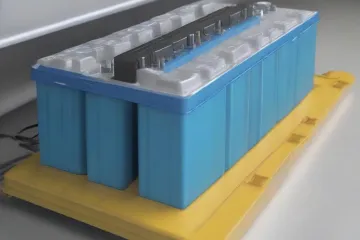
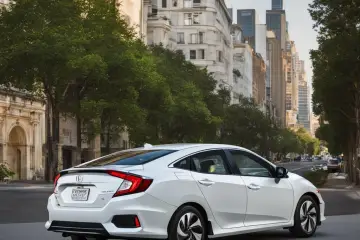
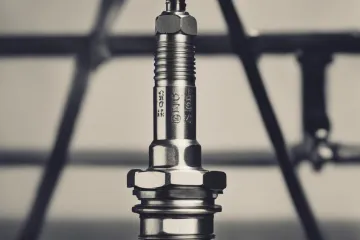
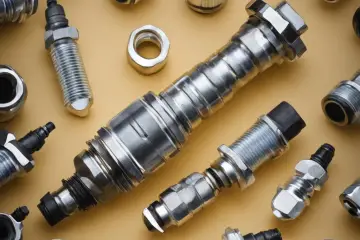




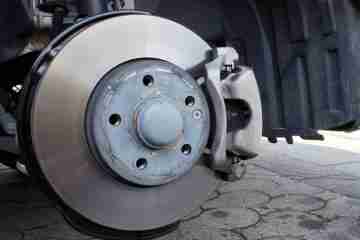
No Comment